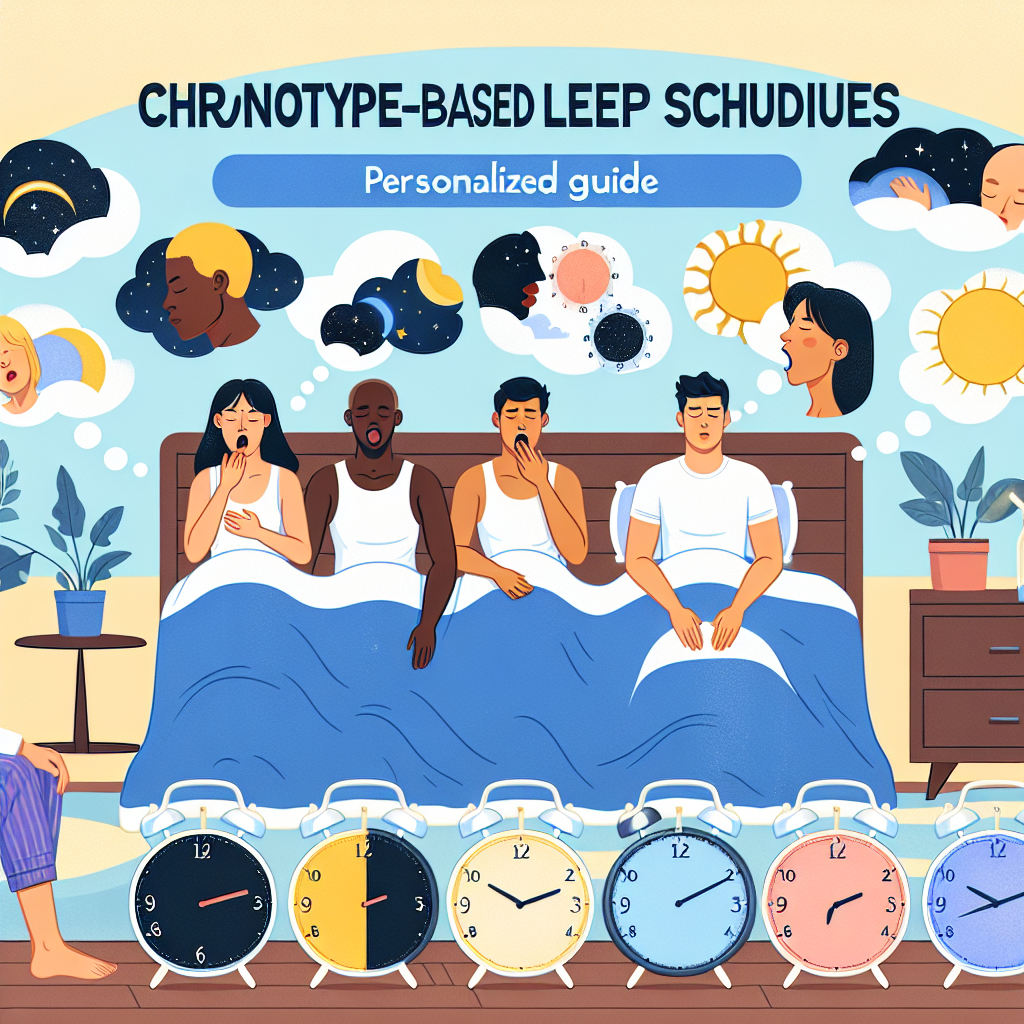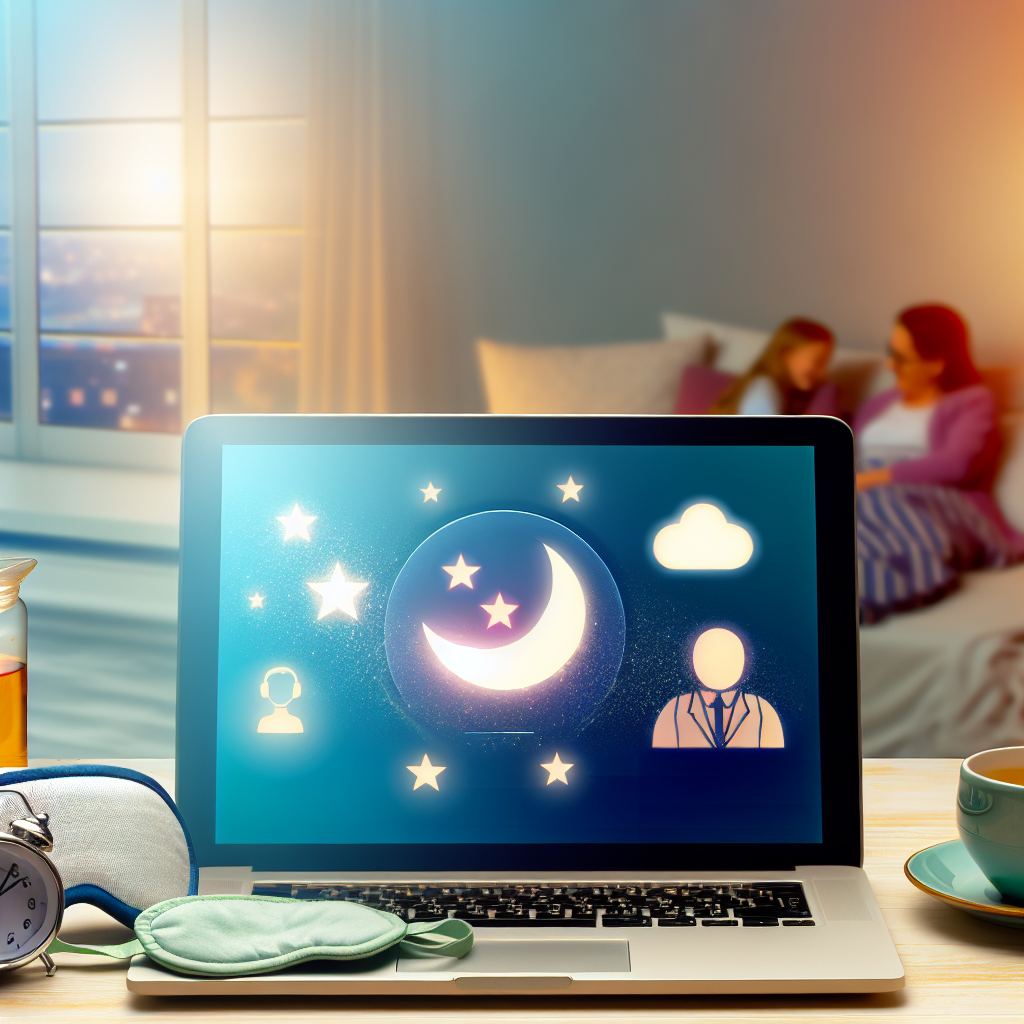The following are a few methods that can be used immediately upon waking to boost energy:
Getting enough shut-eye is essential. The average adult needs between seven and eight hours of sleep per night. A well-rested mind and body are better able to tackle the day.
Keep a regular bedtime routine. It is advisable to keep a consistent sleep routine by waking up and going to bed at the exact times every day, even on weekends. This action supports the circadian cycle of the organism.
The bright sunlight will rouse you from your slumber. When you first get up in the morning, let some light in by throwing open the drapes or going for a stroll outside. Light from the sun aids in waking up and maintaining focus, crucial in regulating the circadian cycle.
A glass of water first thing in the morning is a good idea. It is essential to start the day with enough water because dehydration might make you feel tired. Having a healthy breakfast is highly recommended.
One’s mental and physical well-being can benefit from a short early fitness routine.
Avoid eating high-sugar cereals and pastries since they give you a sugar high that quickly fades. Instead, choose a breakfast that combines protein, complex carbohydrates, and healthy fats.
Engage in some vigorous activity. One’s mental and physical well-being can benefit from a short early fitness routine.
Both caffeine and alcohol should be avoided at least six hours before bedtime. Both of these chemicals may make it difficult to get a good night’s rest.
Caffeine acts as a stimulant, increasing alertness and decreasing sleepiness. It may also lead to a sleep pattern characterized by frequent awakenings at night.
Alcohol, on the other hand, can speed the onset of sleep but also disrupt a person’s regular sleeping schedule. This phenomenon may trigger frequent awakenings all through the night, leading to lighter and less restless slumber overall.
In addition, drinking alcohol has been linked to an increase in snoring and sleep apnea, both of which amplify sleep disruptions and contribute to an increase in daytime sleepiness.
Sleep quality can be improved by avoiding caffeine and alcohol in the hours leading up to bedtime. Instead, try drinking herbal tea or warm milk, both of which have been found to contain properties that promote relaxation and calmness.
The key to a restful night’s sleep is establishing a relaxing bedtime routine.
The quality of one’s nighttime sleep can be enhanced by adhering to a regular sleep schedule, adjusting to one’s sleep environment, and taking stress-relieving measures before bedtime.
The key to a restful night’s sleep is establishing a relaxing bedtime routine. Numerous activities can be integrated throughout the day to help one unwind and prepare for bedtime.
One of the best ways to wind down before bed is with a nice, warm bath. Higher water temperatures have been shown to reduce muscle tension and mental stress, making it more straightforward to go off to sleep.
Reading a book is a great way to unwind and focus your mind. Pick something that won’t get your brain working too hard, as it can make it hard to relax and drift off to sleep at night.
You may also read anything that helps you relax, like a self-help book or a romance novel.
For those who would instead not read, there is always music to relax to. It has been shown that listening to music that is both calming and relaxing can help promote sleep because it allows the mind and body wind down. Numerous apps and websites offer white noise or music designed to help you nod off, making it easier to wind down before bed.
To sum up, getting into the habit of engaging in calming activities before bed is essential if you want to enjoy and benefit from restful slumber.
Anything that might keep you up at night should be avoided. The natural circadian cycle of the human body is thrown off by using electronic media within an hour of bedtime.
The blue light from these devices can fool the brain into thinking it’s still daytime, preventing the body from producing melatonin, a hormone necessary for inducing sleep.
To sum up, getting into the habit of engaging in calming activities before bed is essential if you want to enjoy and benefit from restful slumber. Some people find that getting into a warm bath, reading a book, or listening to calming music are great ways to unwind and get ready for bed.
However, it is crucial to avoid doing anything, such as watching TV or using electronic devices, that may disrupt sleep patterns. With some work, anyone can develop a regimen that helps them get the restorative sleep they need and, in turn, feel better about themselves.
If you still feel exhausted after trying the solutions above, it’s recommended to see a doctor. Some underlying health issue is likely contributing to the exhaustion.

Dominic E. is a passionate filmmaker navigating the exciting intersection of art and science. By day, he delves into the complexities of the human body as a full-time medical writer, meticulously translating intricate medical concepts into accessible and engaging narratives. By night, he explores the boundless realm of cinematic storytelling, crafting narratives that evoke emotion and challenge perspectives.
Film Student and Full-time Medical Writer for ContentVendor.com




